Certified Space Incident Response, Forensics, and Defense Specialist (CSIFS)
Learn about CSIFS program
- Length: 2 days
- Instructor led
- Online, onsite and Live online
Certified Space Incident Response, Forensics, and Defense Specialist (CSIFS)
Certified Space Incident Response, Forensics, and Defense Specialist (CSIFS) certification course is designed to equip participants with the knowledge and skills necessary to effectively respond to, investigate, and defend against security incidents in space systems and operations. The course covers a wide range of topics from space-specific threat models to advanced digital forensics, incident management, and strategic defense mechanisms tailored for the unique challenges of space environments.
This specialized certification course prepares participants to effectively manage and respond to security incidents in the rapidly evolving domain of space operations. It covers strategic response planning, sophisticated digital forensics, and the implementation of defense strategies to safeguard space assets against emerging threats.
Learning Objectives:
- Understand the unique cyber-physical threats posed to space systems.
- Gain proficiency in responding to space-related incidents with rapid and strategic action.
- Develop expertise in conducting forensics analysis on space systems to identify the source and impact of breaches.
- Learn to apply defense strategies to protect space assets, including satellites and communication systems.
Target Audience:
- Space systems engineers
- Cybersecurity professionals with an interest in space operations
- Incident response teams working in aerospace industries
- Military and government personnel involved in national security and space defense
- Aerospace Engineers
- Cybersecurity Analysts and Incident Responders
- Space Operations Managers
- Government and Defense Personnel in Space Agencies
Prerequisites:
- Participants should have a basic understanding of cybersecurity principles and incident response. Familiarity with space systems, while not required, will be beneficial.
- By the end of this course, participants will be prepared to effectively address and manage the complex security challenges that space systems face in an increasingly contested outer space environment.
Program Agenda:
Module 1: Introduction to Space Systems and Cybersecurity
- Foundations of Space Operations and Security
- Overview of Space Systems and Operations
- Unique Security Challenges in Space
- Introduction to Space System Architecture and its Vulnerabilities
- Cyber-Physical Systems (CPS) Security in Space
- Introduction to Space Systems and Infrastructure
- Unique Security Considerations for Space Operations
- Overview of Space-based Communications and Control Systems
- Introduction to Space Law and Policy
Module 2: Space Threat Intelligence and Risk Management
- Threat Models and Risk Assessment in Space Operations
- Space-specific Cyber Threats and Physical Threats
- Risk Assessment and Management for Space Systems
- Space Situational Awareness (SSA)
- Crafting a Space Threat Intelligence Program
- Understanding Space-Specific Threat Actors and Motivations
- Risk Assessment Methodologies for Space Systems
- Space Weather and its Cybersecurity Implications
- Case Studies of Historical Space Incidents
Module 3: Incident Response in Space Operations
- Incident Response Frameworks Tailored for Space
- Space Incident Detection and Analysis Techniques
- Emergency Protocols for Space System Compromises
- Role of Ground Stations and Satellites in Incident Response
- Incident Response Planning for Space Operations
- Real-Time Monitoring and Alerting in Space Systems
- Tactical Steps for Space Incident Containment
- Post-Incident Recovery and Continuity Planning
Module 4: Space Forensics Techniques
- Digital Forensics in a Space Environment
- Forensic Analysis of Space System Data
- Chain of Custody and Evidence Handling in Space Operations
- Reverse Engineering of Space Hardware and Software
- Proactive Defense and Mitigation Strategies
- Designing Secure Space Systems (Anti-Jamming, Encryption)
- Implementing Cybersecurity Controls in Space Operations
- Red Teaming and Security Drills for Space Scenarios
- Long-term Mitigation Strategies and Resilience Planning
Module 5: Space Forensics and Investigation
- Principles of Digital Forensics in Space Operations
- Specialized Tools and Techniques for Space Forensics
- Analyzing Forensic Data from Satellites and Ground Stations
- Legal and Ethical Considerations in Space Forensics
- Defensive Strategies and Certification Exam
- Proactive Defense Mechanisms for Space Systems
- Encryption and Secure Communication for Space Operations
- Developing a Comprehensive Space Cyber Defense Strategy
Certification Exam: Space Incident Response, Forensics, and Defense
- A comprehensive exam will be conducted at the end of the course, testing the participants on all aspects covered throughout the training. Upon passing the exam, participants will receive the Space Incident Response, Forensics, and Defense Certification.
Course Materials:
- Course Lecture Notes and Reading Material
- List of Forensics Software and Tools for Space Systems
- List of Recommended Reading for Advanced Learning
Exam Domains: a. Space Environment Fundamentals b. Incident Response Procedures in Space c. Space Forensics Techniques d. Space Defense Strategies
Question Types: a. Multiple Choice: Assessing theoretical knowledge and understanding of key concepts in space incident response, forensics, and defense. b. Scenario-based Questions: Presenting real-world situations to evaluate problem-solving skills and decision-making abilities in space-related incidents. c. Practical Exercises: Hands-on tasks to demonstrate proficiency in utilizing space forensics tools, analyzing data, and implementing defense strategies.
Passing Criteria: a. Overall Passing Score: Candidates must achieve a minimum passing score across all exam domains to earn certification. b. Domain-specific Minimum Scores: Candidates must meet or exceed minimum scores set for each exam domain to demonstrate competency in respective areas. c. Practical Assessment: Successful completion of practical exercises is mandatory to pass the exam. Candidates must demonstrate practical skills in space forensics and defense techniques. d. Evaluation Criteria: Answers will be evaluated based on accuracy, depth of understanding, and relevance to the given context.
Example Passing Criteria:
- Overall Passing Score: 70%
- Domain-specific Minimum Scores:
- Space Environment Fundamentals: 65%
- Incident Response Procedures in Space: 70%
- Space Forensics Techniques: 70%
- Space Defense Strategies: 65%
- Practical Assessment: Completion of practical exercises with a score of 80% or higher.
Need help? Contact us
